Rosemary--transplanting to indoor pots
david1948
12 years ago
Related Stories

HOUSEPLANTSIndoor Winter Gardens for Cheerier Days
Bring plants inside for drab-days mood boosting — not to mention cleaner indoor air and protection for your greenery
Full Story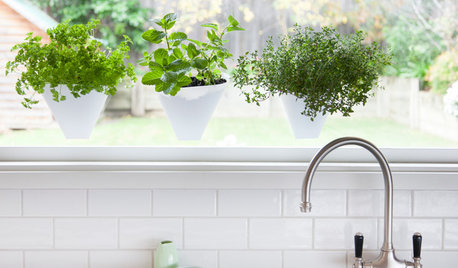
HERBSHow to Grow Herbs Indoors
Have a sunny window? Enjoy the flavor of fresh herbs year-round by growing them in the house
Full Story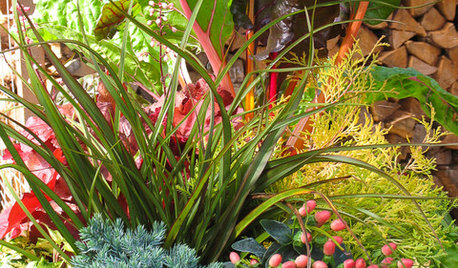
PLANTING IDEASStretch the Budget, Seasons and Style: Add Conifers to Your Containers
Small, low-maintenance conifers are a boon for mixed containers — and you can transplant them to your garden when they’ve outgrown the pot
Full Story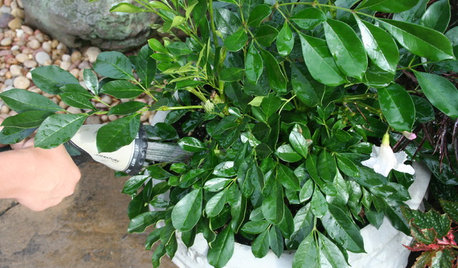
CONTAINER GARDENSContainer Garden Basics: How and When to Water Potted Plants
Confused about soil moisture, the best time to water and what watering device to use? This guide can help
Full Story
SPRING GARDENINGHow to Grow a Rose Garden in Pots
Everything can come up roses, even without a plot of soil in sight. This step-by-step guide to growing roses in containers shows you how
Full Story
GARDENING AND LANDSCAPINGTopiaries Carve a Place Indoors and Out
In a garden, by a sink or decorating a living room, topiaries add a sculptural, artful touch
Full Story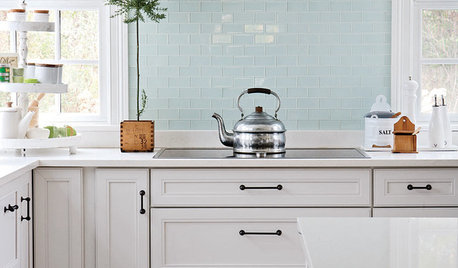
Indoor Gardening: Herbs and Succulents
Pop easy-care plants in a sunny window for beauty, fragrance and flavor all year
Full Story
HOUSEPLANTS8 Essentials for Healthy Indoor Plants
Houseplants add so much to our homes — and can thrive when grown in the right conditions. Keep these tips in mind
Full Story
HOUSEPLANTSHow to Create an Indoor Landscape
Apply principles and elements of design to help your indoor garden flourish
Full Story
HOUSEPLANTSPlay Up Some Fiddleleaf Figs for a Lively Indoor Tune
Strike a dramatic chord in a minimalist scene or a country note in a rustic setting — fiddleleaf fig plants harmonize with any style
Full StoryMore Discussions






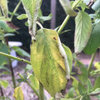
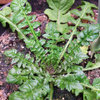
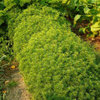
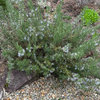
rhizo_1 (North AL) zone 7
fatamorgana2121
Related Professionals
Mitchellville Landscape Architects & Landscape Designers · Forest City Landscape Architects & Landscape Designers · Buford Landscape Contractors · Medford Landscape Contractors · Mooresville Landscape Contractors · Apollo Beach Landscape Contractors · Boca Raton Landscape Contractors · Chesapeake Ranch Estates Landscape Contractors · Corona Landscape Contractors · Overland Park Landscape Contractors · Pine Hills Landscape Contractors · Northlake Landscape Contractors · Sand Springs Roofing & Gutters · Burlington Roofing & Gutters · Coronado Roofing & Guttersdavid1948Original Author
rhizo_1 (North AL) zone 7
flora_uk
fatamorgana2121
sheryl_ontario
flora_uk
rhizo_1 (North AL) zone 7
david1948Original Author
flora_uk
david1948Original Author
sheryl_ontario
fatamorgana2121
flora_uk
sheryl_ontario
pagirlmint
david1948Original Author
sheryl_ontario
fatamorgana2121
flora_uk
ladylavendula86
fatamorgana2121